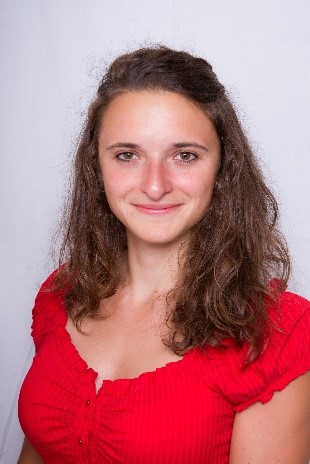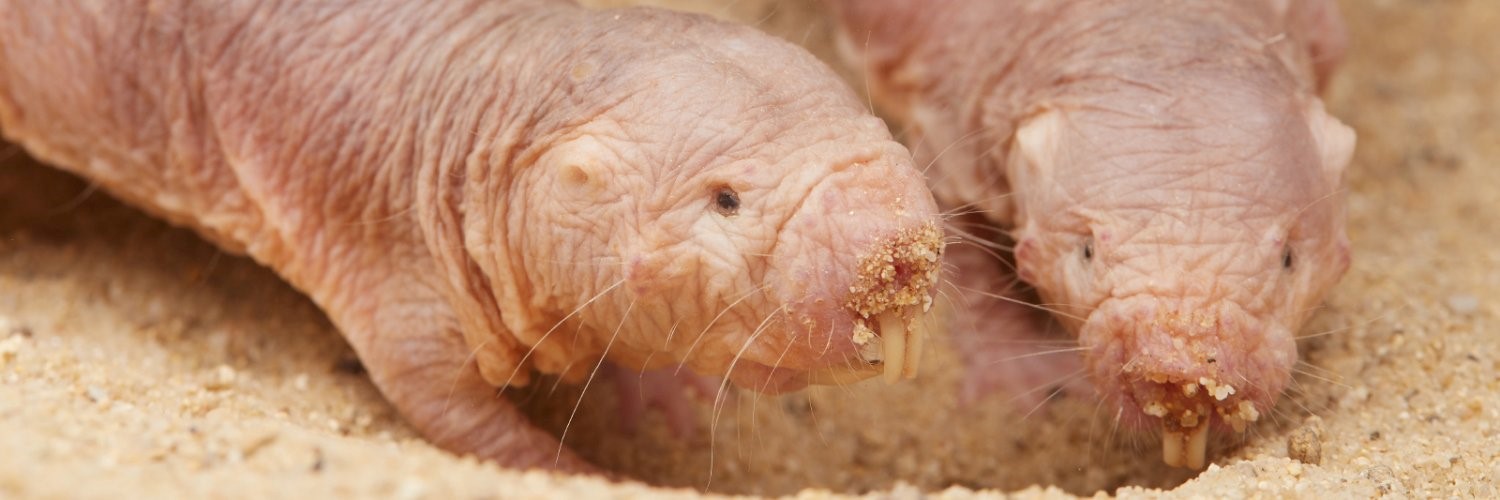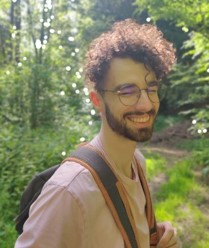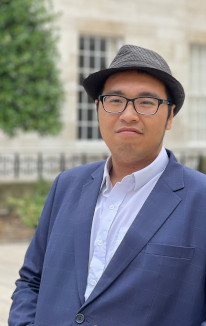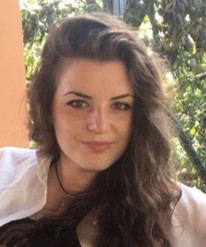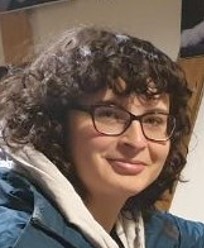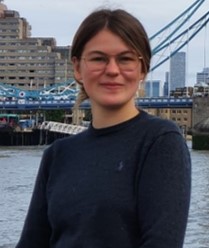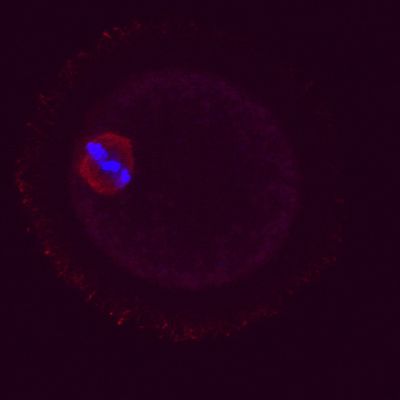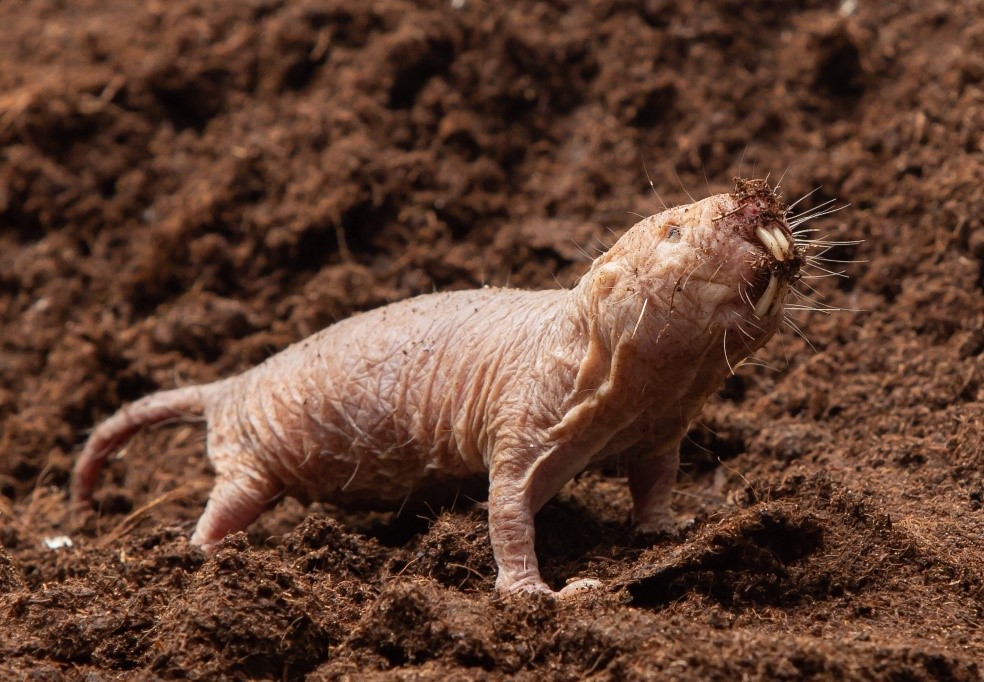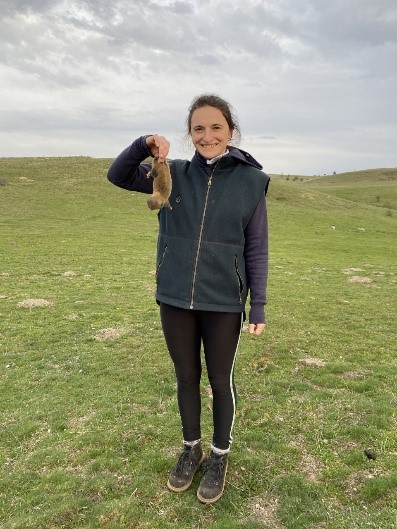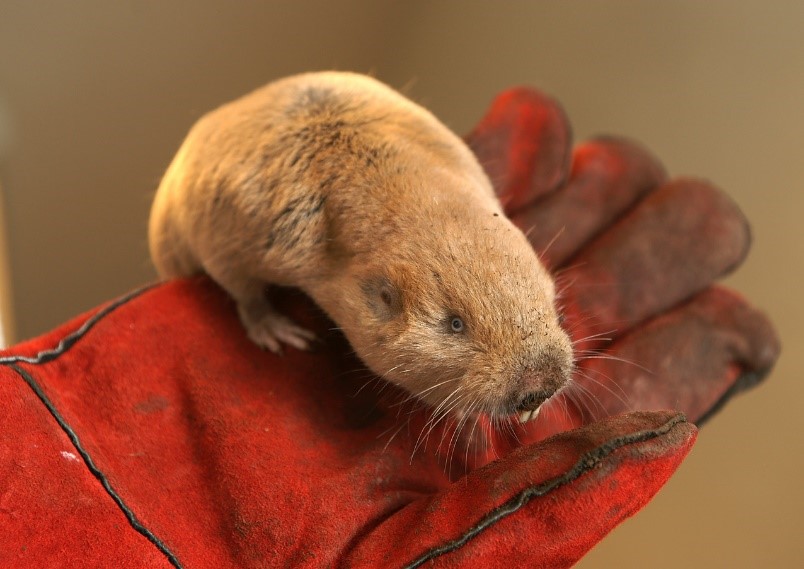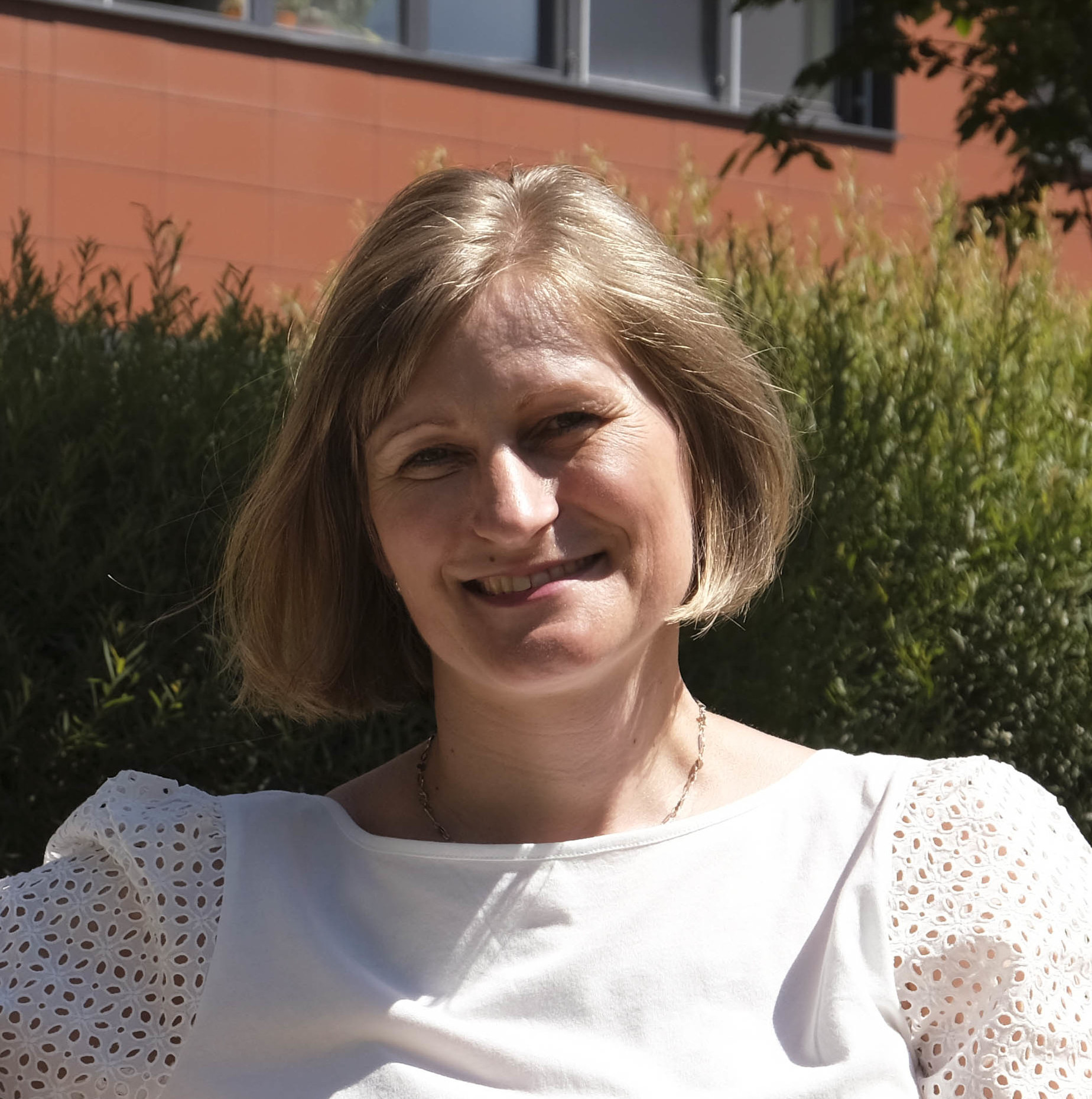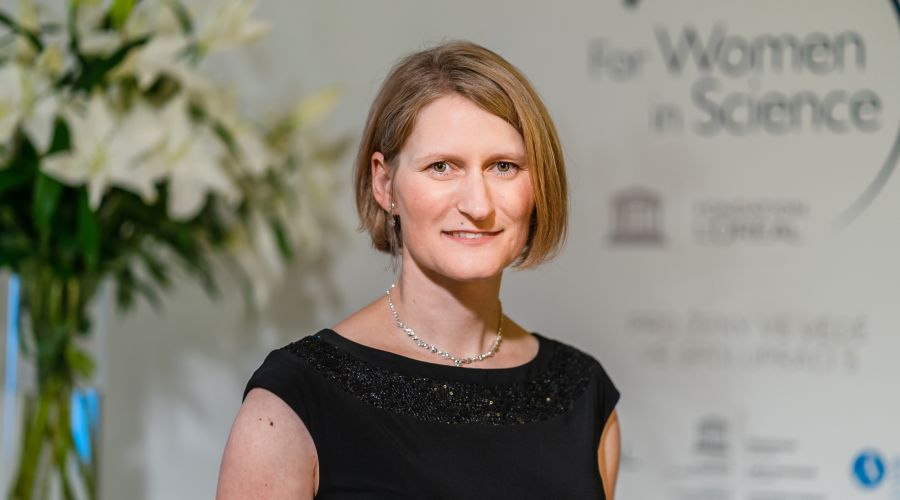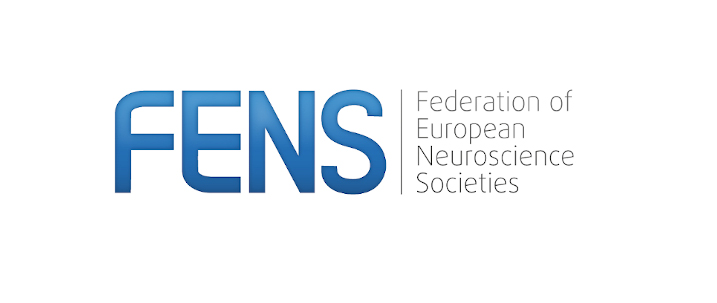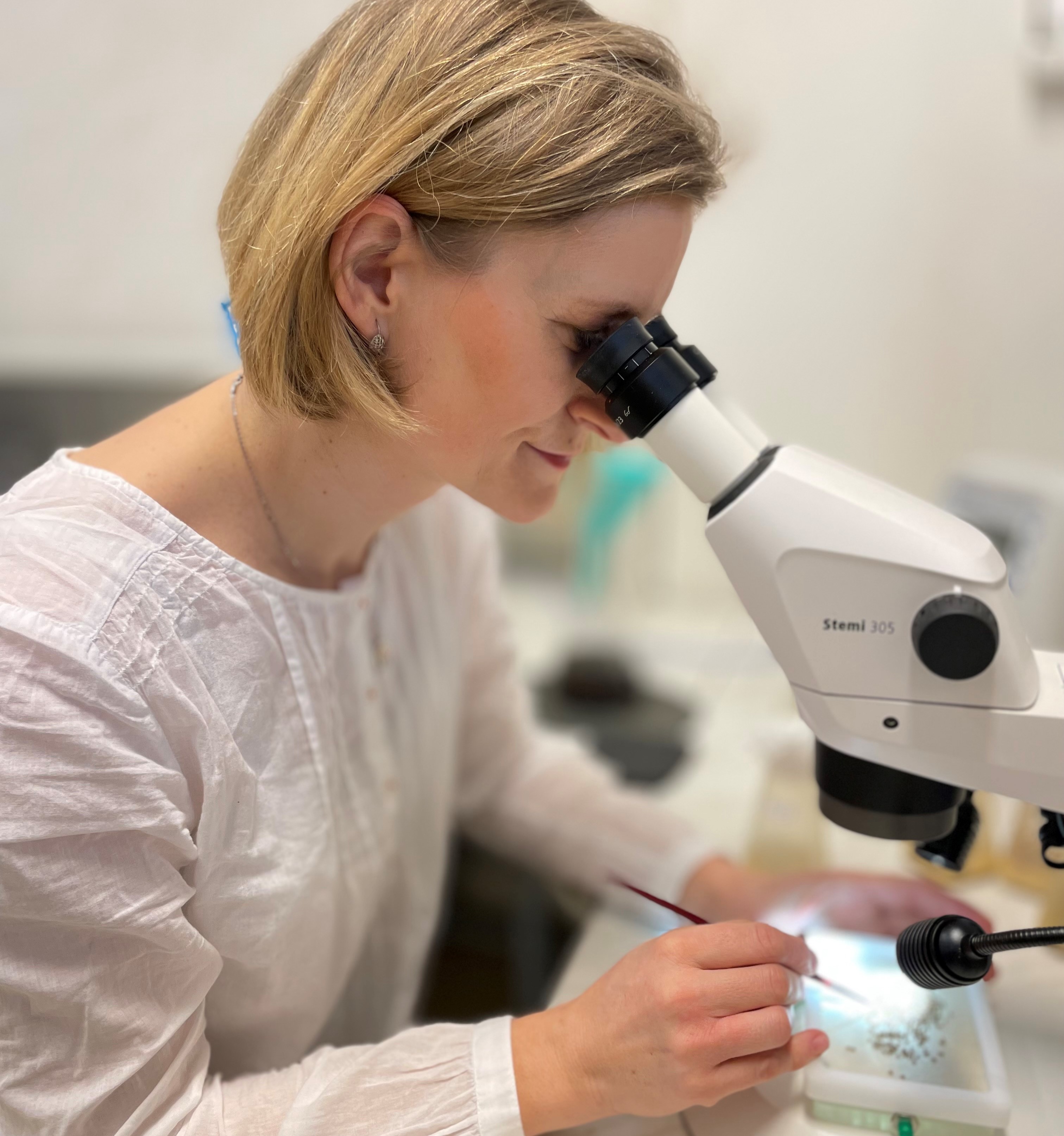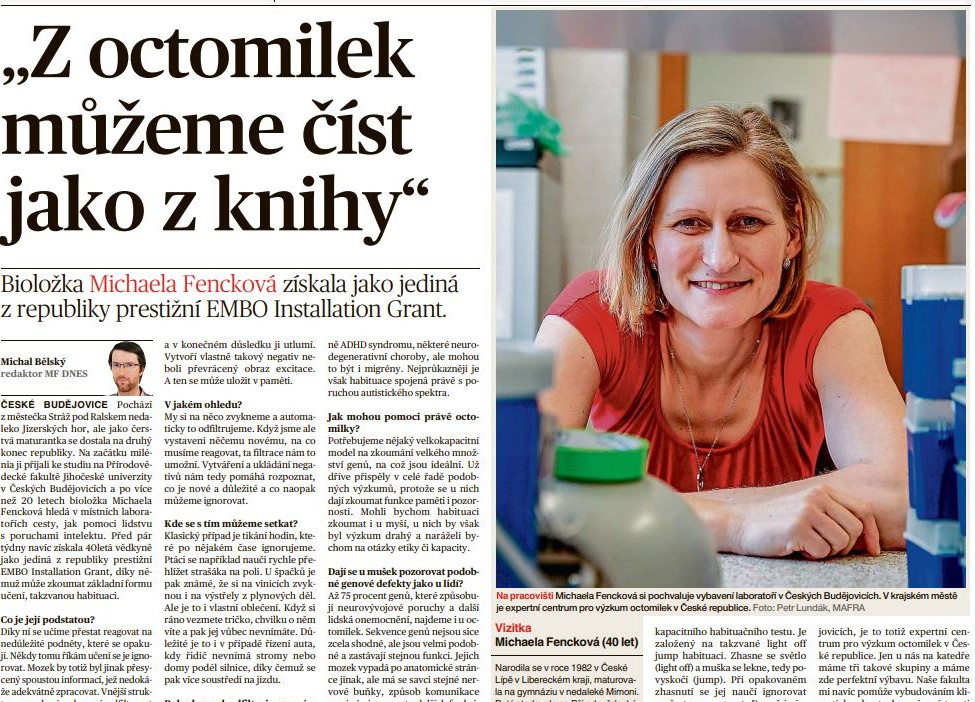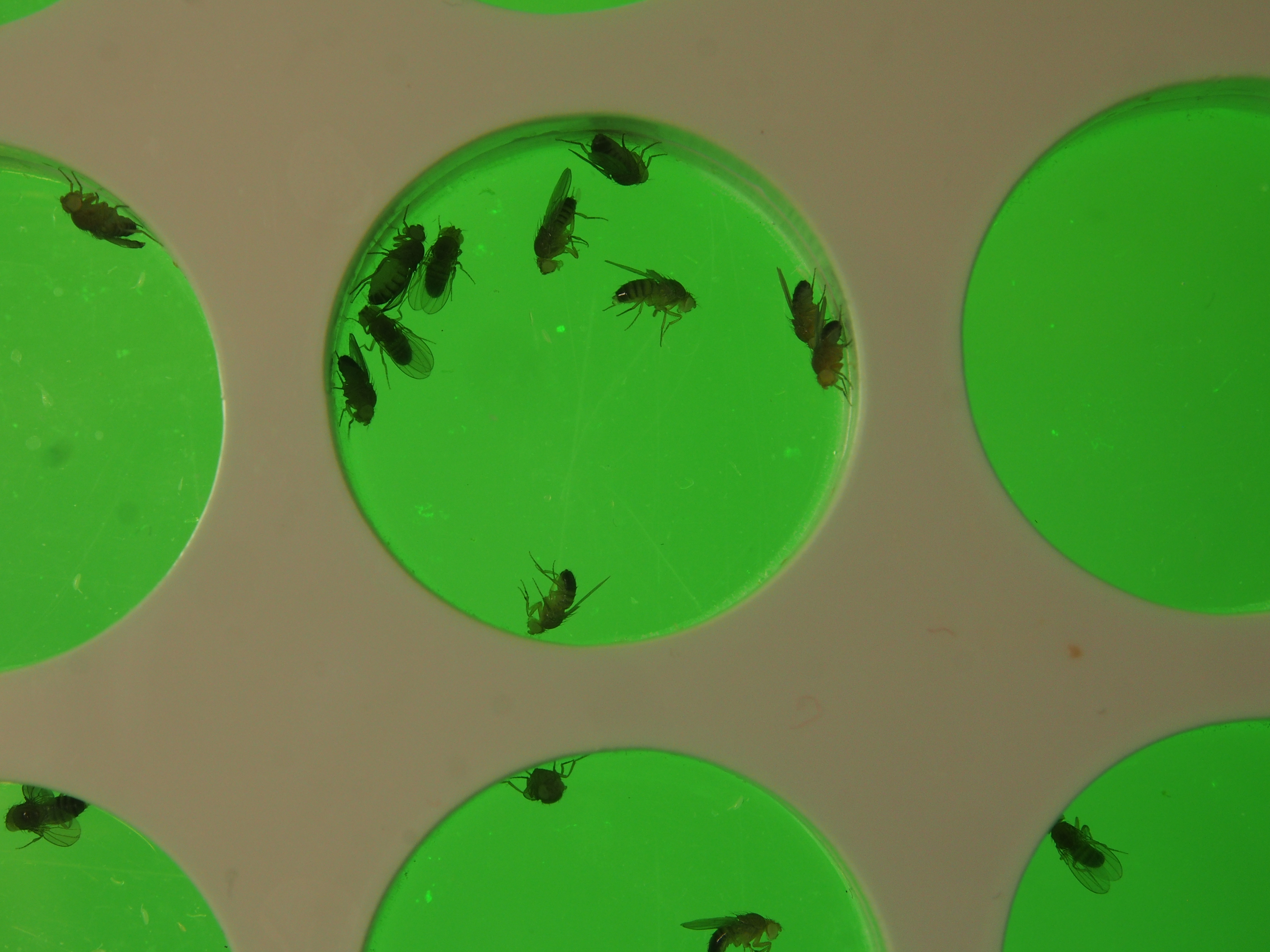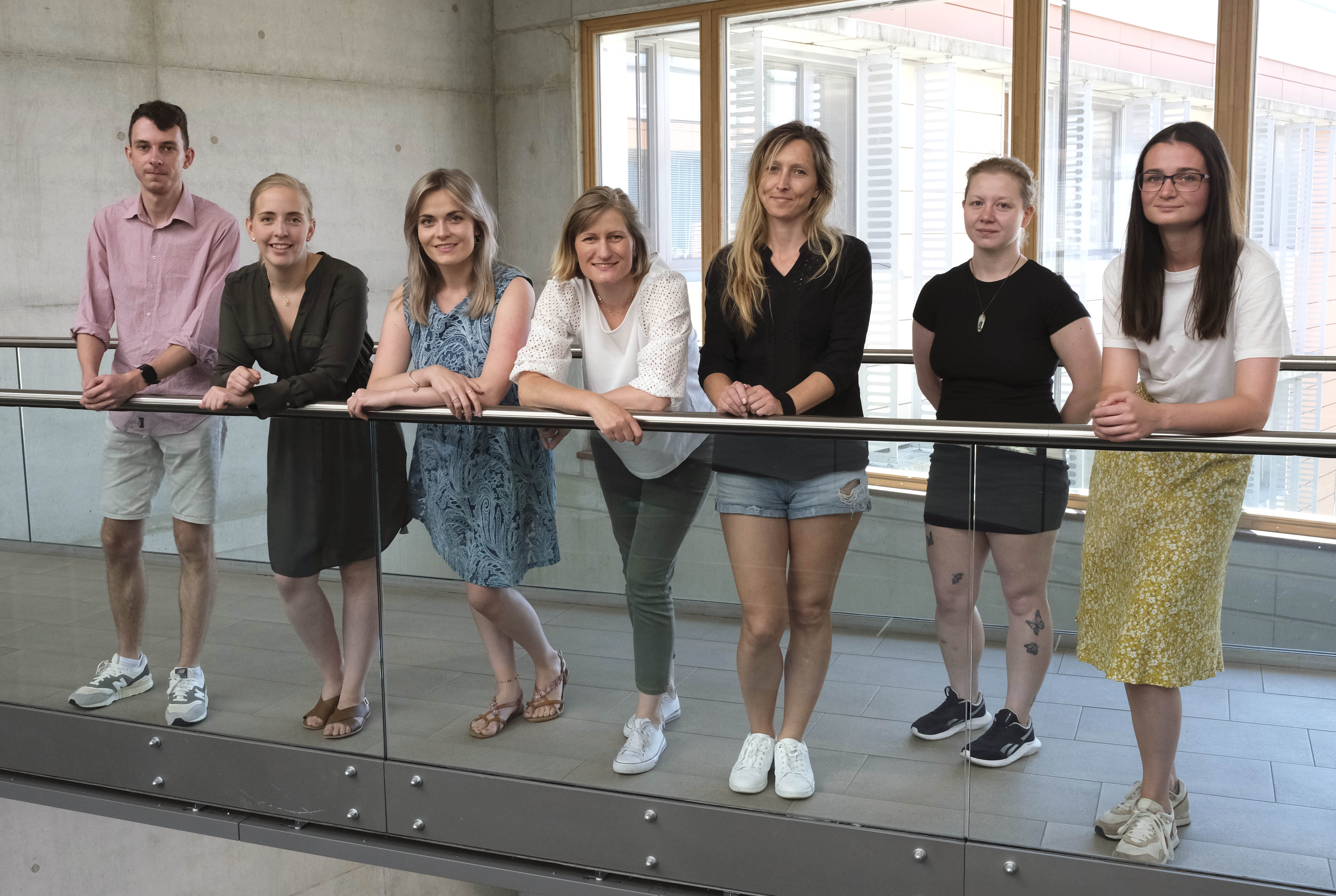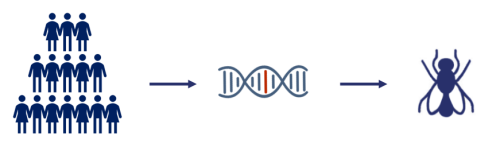D123 - on specifying the conditions for the study of citizens from sanctioned countries
Provision of the Dean D 123
on specifying the conditions for the study of citizens from sanctioned countries
on 1. August 2023
Studies at the Faculty of Science are generally governed by Act No. 111/1998 Coll., This Measure specifies the conditions of study for citizens of countries against which national or international sanctions involving technical assistance and intangible technology transfer are applied. According to the European Commission Opinion C(2019/5883) of 5 August 2019, technical assistance includes the provision of education.
Article 1. List of countries whose nationals are covered by this Measure
The list of sanctioned countries is set out in Annex 1 to this Measure. This list shall be drawn up and updated on the basis of the provisions currently in force and shall be reviewed at least once a year.
Article 2. Enrolment of individual subjects
A student who is a national of a country listed in Annex 1 to this Measure may be de-enrolled in a course identified as at-risk or prevented from enrolling in such a course. In the event of cancellation of enrolment in a course, the student will be notified in writing by a message sent to the school email.
Article 3. Theses assignment
A student who is a national of a country listed in Annex 1 to this Measure may only be assigned a qualifying thesis that is purely basic research and will be published in full immediately after submission for defence. Publication shall be arranged by the study department, unless the student himself/herself has set it when submitting the thesis. The student, the thesis supervisor and any external partner must sign an informed consent to the immediate full publication of the work after submission for defence before the submission of the thesis or dissertation, i.e. the submission of the assignment protocol. In the case of dissertations, the informed consent is signed during the admission procedure and forms part of the documentation for the decision on the outcome of the procedure. The informed consent form is attached as Annex 2 to this Measure.
Article 4. Collaboration on research projects
A student who is a national of a country listed in Annex 1 to this measure may not be part of a research team conducting applied research or basic research for which rapid commercialisation can reasonably be expected.
Article 5. Closing remarks
- This measure shall enter into force on the date of its issue.
- Theses commissioned before this measure is issued is not affected, but supervisors are requested to apply the measure as far as possible.
In České Budějovice, on 1. August 2023
prof. RNDr. František Vácha, Ph.D.
dean PřF JU
Read more …D123 - on specifying the conditions for the study of citizens from sanctioned countries
- Hits: 1016
